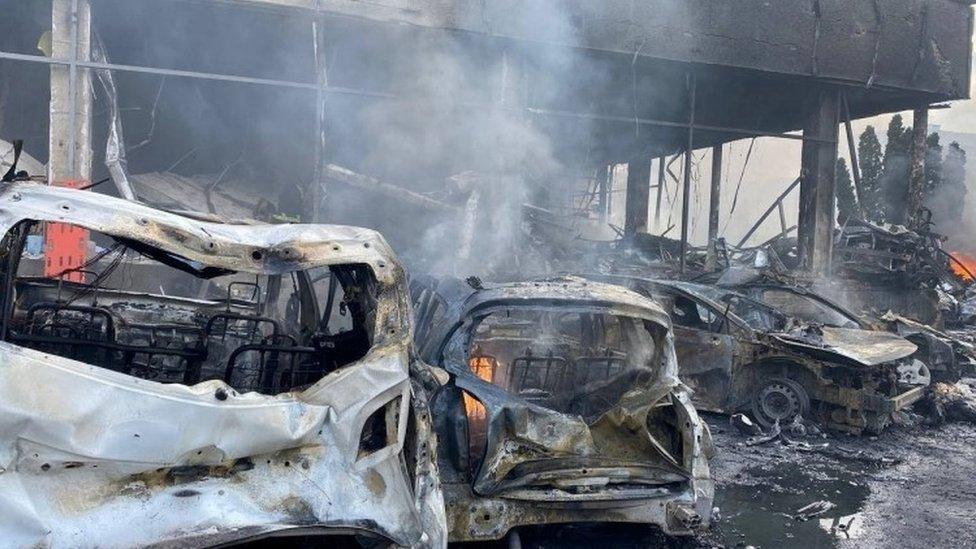Ukraine war: Four-year-old Liza killed by Russian attack on Vinnytsia
- Published
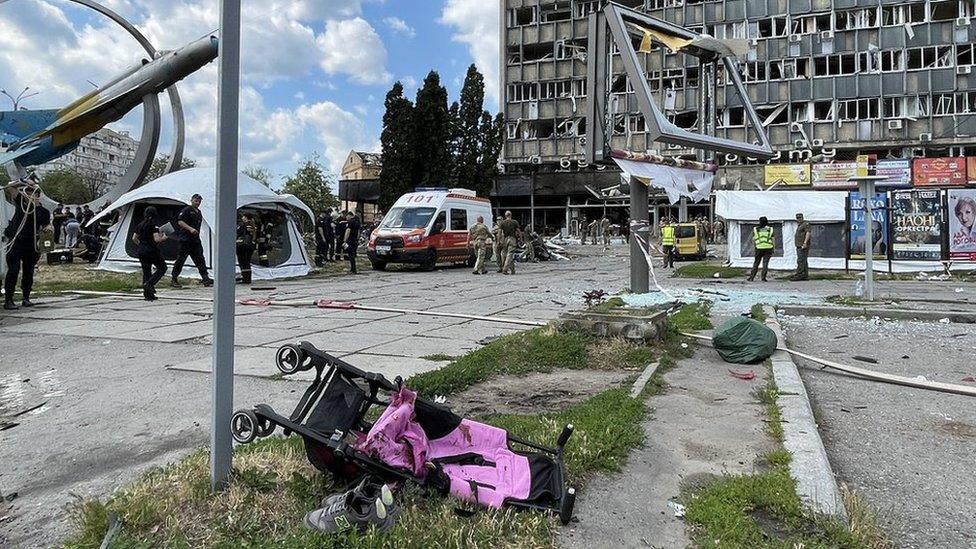
Liza's pushchair lies on its side outside the ruins of the Jubilee building on 14 July
On a strip of grass in front of the smashed, charred remains of the Jubilee department store there is a pink pushchair lying on its side, smeared with blood.
It belonged to a little girl called Liza.
The four-year-old was one of three young children killed on Thursday when Russian missiles hit the centre of Vinnytsia.
Her mother, Iryna Dmytriyeva, was seriously injured in the attack.
Twenty-three people are known to have lost their lives and another eight are still missing. Dozens more are in hospital.
Shortly before the missiles struck, Iryna had posted a video online. It was a beautiful sunny day and little Liza was smiling, pushing her pink chair in front of her, as they chatted about heading to see her speech therapist.
"Liza was very cheerful, she loved coming to us. She was a very kind child. For her mother, she was the whole meaning of her life. She loved her madly. I can't even imagine what a tragedy it is for the family," Valeriia Korol told the BBC.
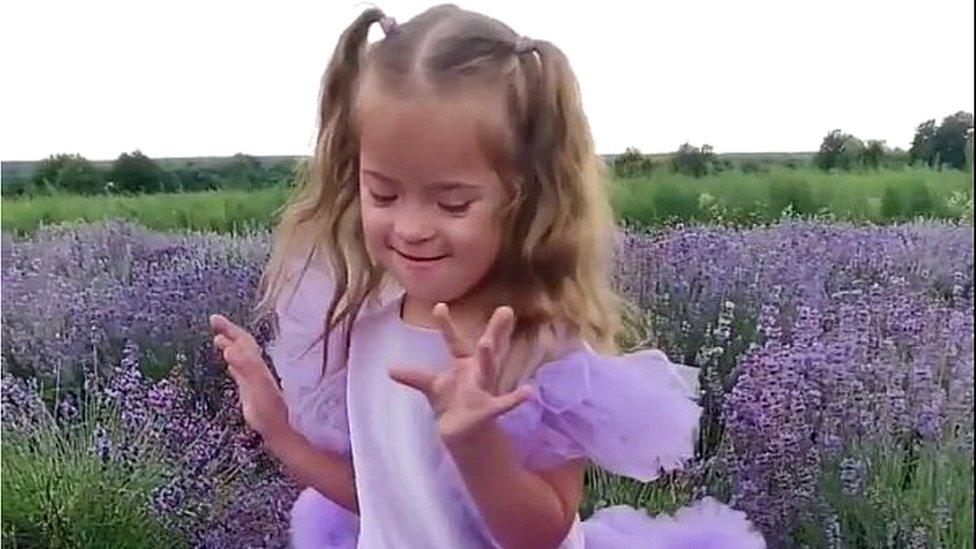

She runs the LogoClub centre for special needs where Liza had attended a session that morning, as she did most days.
The four-year-old had Down's syndrome and her mother's Instagram account is filled with pictures of the girl's life which she began posting soon after her only child was born.
The first one announces: "Meet my little angel".
The LogoClub Liza went to is just a block from Victory Square, where the missiles hit, and the staff had taken all the children down to the shelter when the air raid siren sounded.
But like many people, Liza and her mother were still out in the street.
When the war began, they'd returned to Vinnytsia from Kyiv for safety because it was far from the front lines. But nowhere is safe in Ukraine anymore.
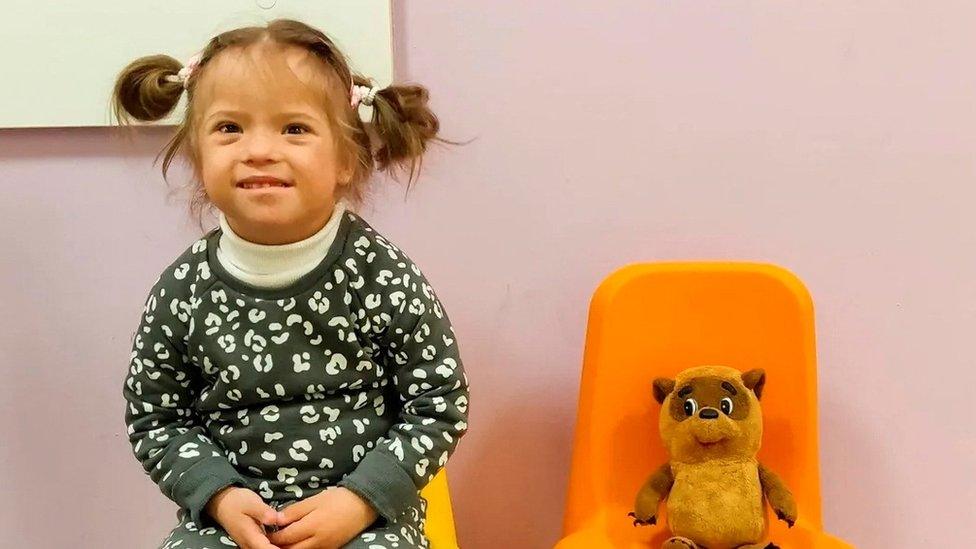
Liza was described as sweet and kind by her speech therapist

Valerriia told me Iryna worshipped Liza and was very open about the fact she had Down's syndrome. She wanted people to know it was nothing to be ashamed of, "that such children are no different from us, they're very sweet and kind," Valeriia says.
Two boys were also killed in this attack.
Maksim Zharii, who was seven, died alongside his mother Viktoriia. Residents from their village have been asked to come out later today on the streets, and meet their coffins.
Ukrainian police said he was attending an appointment at the medical centre on the ground floor of the Jubilee centre.
There's nothing left of the clinic itself but fire-blackened walls.
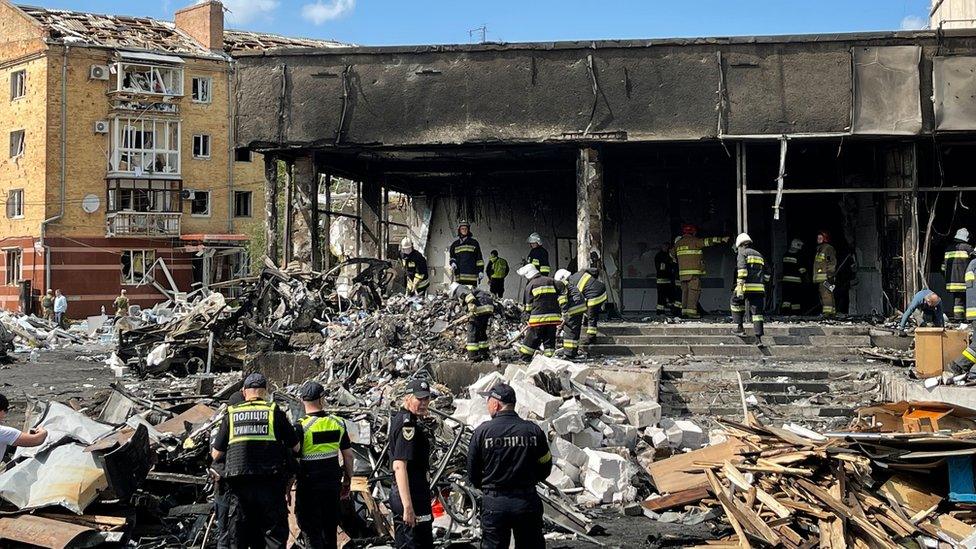
The medical centre in the Jubilee centre was all but destroyed
An eight-year-old boy who died has not yet been named. He was waiting for his uncle in a car parked nearby and was trapped by the fierce fire. The skeletons of many burned-out cars are still strewn across the bomb site: the blast was so fierce that one is even wrapped around a pillar of the building.
Russia's defence ministry issued a statement about its strike on Friday which made no mention of the children's deaths. Instead, it claimed that Russia fired "high-precision" missiles and "destroyed" a meeting of Ukrainian military and foreign officials who were discussing weapons deliveries.
There was nothing at all at the site to corroborate that.
What Russia actually hit was a building called Officers' House on Victory Square. But the only military thing about it appears to be its name, which dates back to Soviet times.
It's a concert venue and there was a show due on Thursday night. One of the group was in the middle of a soundcheck when the missiles smashed through the building. He died later in hospital. Other band members were injured outside.
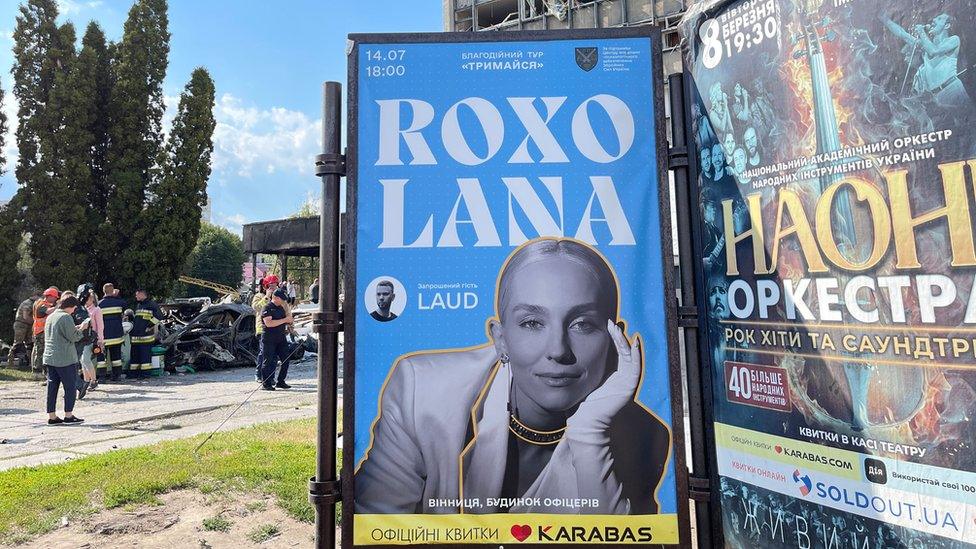
Singer Roxolana was due to play at Officers' House and her band was caught up in the attack
Officials here now say 352 children have died and hundreds more have been injured since Russia launched this war. President Volodymyr Zelensky called the latest killings an act of terrorism.
Liza's mother, Iryna, is still in hospital.
"It is horrifying. Children shouldn't suffer and die, nor should their mothers," Valeriia told the BBC, her voice cracking.
"I don't know if Iryna knows about Liza yet, whether her family told her or not. As a mother myself, I don't know how it's possible to give someone such news, I just don't know.
"It is a terrible tragedy."

War in Ukraine: More coverage

Related topics
- Published15 July 2022
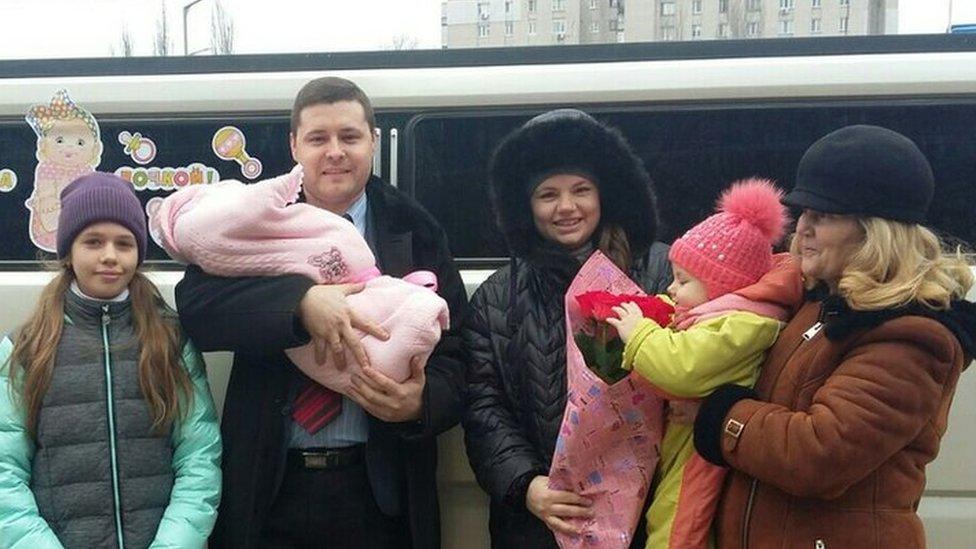
- Published15 July 2022
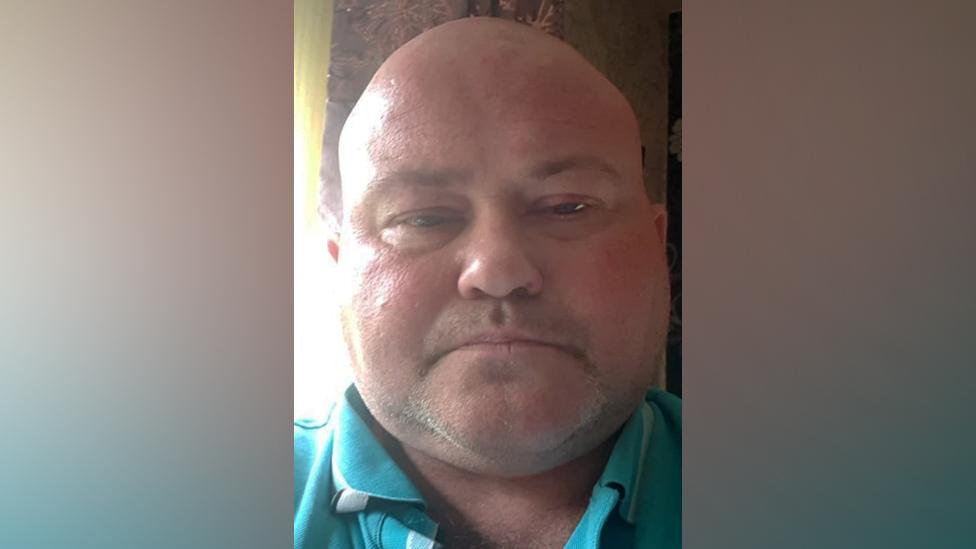
- Published14 July 2022
